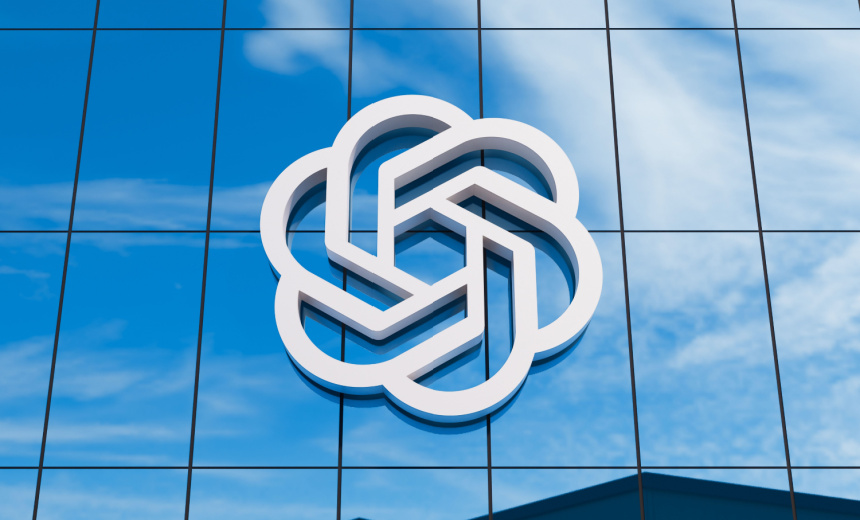Artificial Intelligence & Machine Learning,
Next-Generation Technologies & Secure Development
Critics Argue OpenAI’s Shift to For-Profit Status Threatens Security Obligations

OpenAI’s initiative to transition into a for-profit organization is facing significant backlash from industry competitors and advocates for artificial intelligence safety. They argue that this corporate shift could undermine OpenAI’s long-standing commitments to secure AI development and deployment.
On December 29, the nonprofit organization Encode filed a motion in the U.S. District Court for the Northern District of California, seeking to provide an amicus brief in support of Elon Musk’s ongoing legal challenge against OpenAI’s plans. The motion aims to halt the company’s restructuring efforts that, according to critics, would dilute its dedication to ensuring that AI technologies are safe and beneficial for public welfare.
Encode, which has supported AI safety legislation vetoed by California Governor Gavin Newsom and contributed to federal initiatives like the AI Bill of Rights, expressed concerns that the shift to a for-profit model would contradict OpenAI’s original mission. Musk’s lawsuit argues that OpenAI has not only become anti-competitive but also strayed from its charitable roots.
Encode’s legal filing states that the restructuring could fundamentally compromise OpenAI’s mission to develop transformative technologies safely. It notes that if society is indeed on the brink of a transformative leap in artificial general intelligence, the public has a critical vested interest in ensuring these technologies remain under the governance of public-serving entities rather than profit-driven corporations.
OpenAI began as a nonprofit research lab in 2015, later shifting to a hybrid structure that allows for substantial capital investments. This adjustment included adopting a “capped profit” model. Most notably, the company is now transitioning into a Delaware public benefit corporation, allowing the issuance of regular shares while the nonprofit division continues to operate. However, this change poses potential risks regarding the governance and oversight of safety commitments, as Encode’s brief articulates.
Critics warn that the governance framework of a for-profit company would erode the board’s ability to revoke investor equity in favor of safety measures, a critical aspect that the nonprofit model prioritizes. The implications for cybersecurity are significant; diminished oversight could result in increased vulnerabilities to adversarial tactics such as initial access or privilege escalation, as the company might prioritize profit generation over risk mitigation.
The backlash against OpenAI’s transformation is compounded by the resignation of top security and policy executives who cited concerns over the company’s increasing focus on profitability at the expense of safety. In response to these changes, OpenAI has established a committee for critical safety decisions, following the disbandment of its dedicated “superalignment” team that was tasked with addressing the long-term risks posed by AI technologies.
The ongoing situation highlights a challenging crossroads for OpenAI, which must balance its pursuit of financial sustainability with its responsibilities to ensure safety as an entity at the frontier of AI technology. The outcomes of the legal challenges may shape the future extent of regulation and oversight applicable to AI firms, emphasizing the need for an ongoing discourse about the intersection of profit motives and public safety in the rapidly evolving tech landscape.